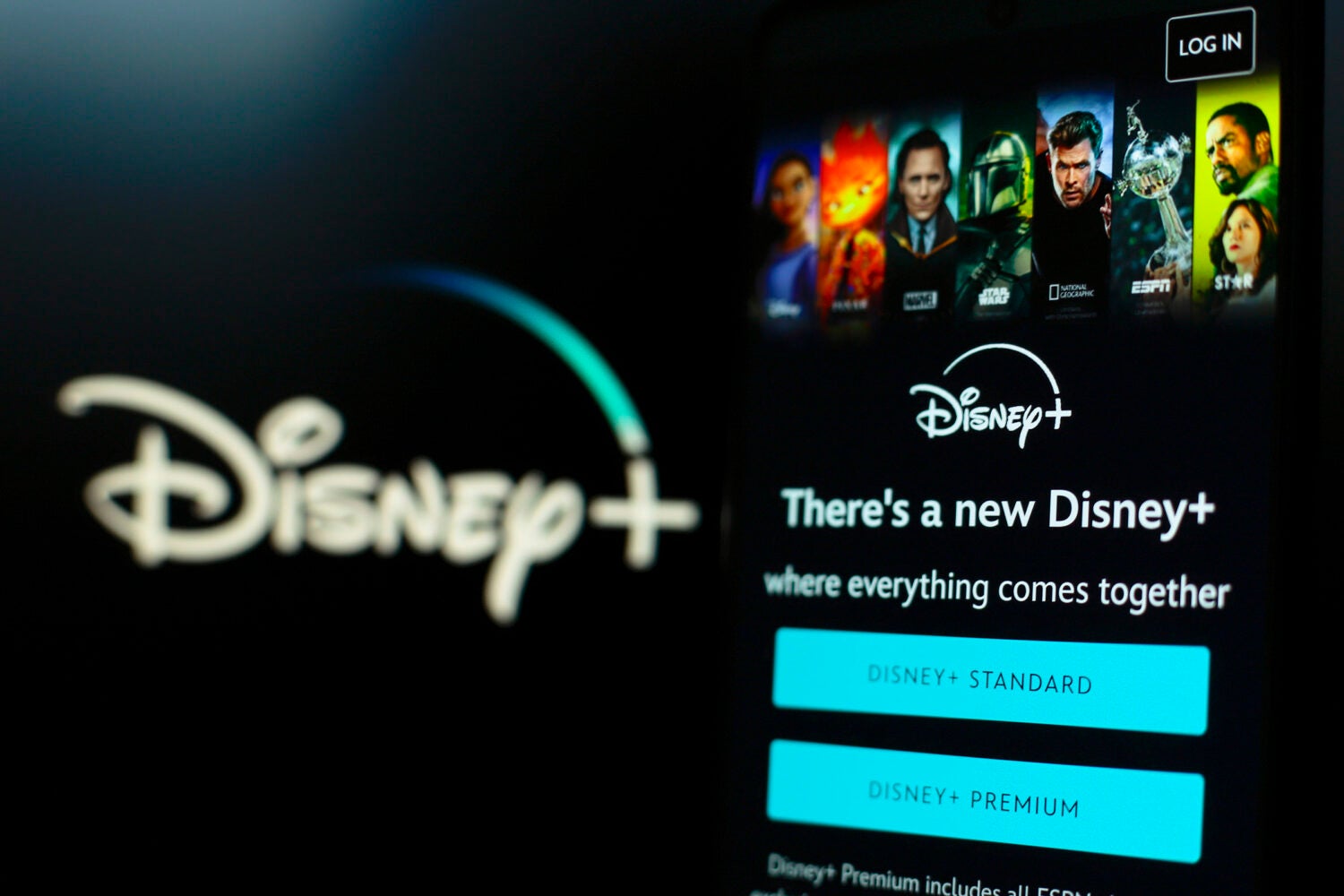Editor’s note: This article was published before Disney announced that it would no longer pursue arbitration in the case.
Last year, during a visit to Disney World in Orlando, Fla., Kanokporn Tangsuan, a doctor in New York, experienced a fatal allergic reaction to food she ate at a restaurant located within a shopping center owned by The Walt Disney Company.
In a subsequent wrongful death lawsuit filed against Disney and the restaurant itself, Tangsuan’s husband, on behalf of her estate, claims that the servers and chef failed to properly accommodate his wife’s severe nut and dairy allergies, despite having received repeated warnings and offering multiple assurances that the dishes were safe.
But before a court could consider the plaintiff’s negligence claims, Disney moved to dismiss the lawsuit entirely.
Its reasoning? The entertainment and media conglomerate argued that when Tangsuan’s husband signed up for Disney+, the company’s video streaming service, in 2019, the online terms of service he agreed to required that he resolve any disputes against the company in arbitration – not a courtroom. It also claimed that he had agreed to those terms once again when he bought tickets to the Disney World theme park.
It’s not yet clear whether the court will buy the company’s assertions, especially those related to the Disney+ agreement. According to Oren Bar-Gill LL.M. ’01 S.J.D. ’05, the William J. Friedman and Alicia Townsend Friedman Professor of Law and Economics at Harvard, the judge will initially parse the contracts themselves.

“The court will need to interpret the arbitration clause and determine whether it covers the wrongful death claim. Disney used very expansive language,” says Bar-Gill, who is an expert in contracts and law and economics.
“But a court may find that the wrongful death claim is so far removed from the Disney+ subscription that it is beyond the scope of the arbitration clause,” he says, adding that a court would likely incorporate a few key principles from contract law in its determination.
The first, “reasonable expectations,” considers what the parties would have “reasonably” thought the terms of the contract to mean. In other words, would a person reasonably believe that signing up for Disney’s streaming service would impact their right to sue over things that happen in the company’s theme parks? The second factor, “interpretation against the drafter,” means that ambiguous terms are generally resolved in favor of the party who did not write the contract.
But even these elements might not be dispositive, says Bar-Gill.
“If the court decides that, under the correct interpretation, the clause covers the wrongful death claim — perhaps because the court thinks that the language of the clause is clear and unambiguous — then the court can still decide not to enforce the clause because it is unconscionable or against public policy.”
The litigants are set to meet for a hearing in a Florida courtroom in October, when each side will make its case. While the judge’s decision will certainly be significant to the plaintiff and defendant, as a lower-level state court case, it isn’t likely to set a precedent that other courts will have to follow. But still, the outcome could provide a window into how judges and juries across the country might evaluate similar disputes between colossal conglomerates and common consumers of their products and services.
Want to stay up to date with Harvard Law Today? Sign up for our weekly newsletter.
